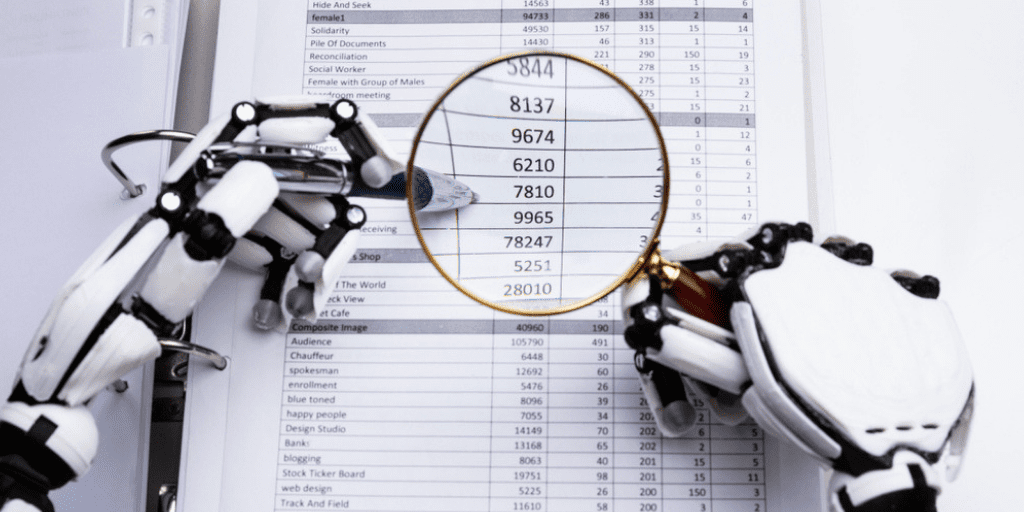
When it comes to technology, there are a few free or low-cost tools available, that are quite easy to navigate and use with minimal effort.

When it comes to technology, there are a few free or low-cost tools available, that are quite easy to navigate and use with minimal effort.

Big data, machine learning and artificial intelligence have all been tipped to fundamentally transform the professional services industry. But it could be the re-emergence of Robotic Process Automation (RPA) that will deliver the most tangible business results in the short- and mid-term.

Implementing modern technology solutions in your practice can help refine business systems and processes, and simplify, automate, or eliminate activities. Furthermore, it enables access to timely and accurate data to empower decision-making capabilities.

Many fear that technologies such as robotic process automation will be the end of the profession as less labour is needed for many tasks. But the reality is that attracting and retaining talent today has never been harder, partly because kids are not attracted to the repetitive nature of work in an accounting firm.

Accountants can no longer shirk away from being technology consultants alongside their traditional role as tax and accounting advisers, according to one trainer.

The latest developments in automation will remove the need for accountants to spend time on repetitive, transactional work, and allow them to make full use of their other skills.

A one-size-fits-all approach just doesn’t cut it in today’s advice climate. A more tailored advice process means a more individualised service and you and your clients will be better off for it.

Eighty-six per cent of Australia’s CEOs believe that artificial intelligence (AI) will significantly change the way they do business in the next five years, according to PwC’s 22nd Annual Global CEO Survey.

As we hit the ground running in 2019, it’s time to relook at accounting technology in 2018 to shape an idea of what you can expect to see in your technology stack this year.
Recent Comments